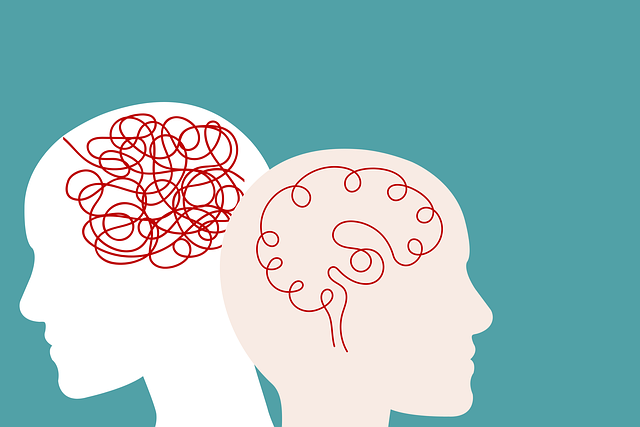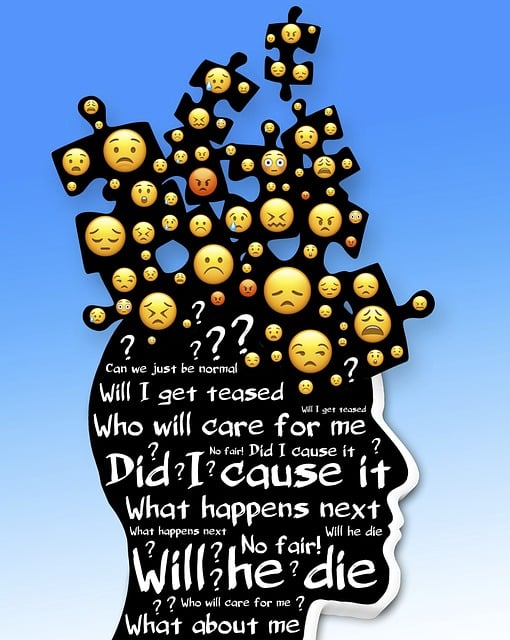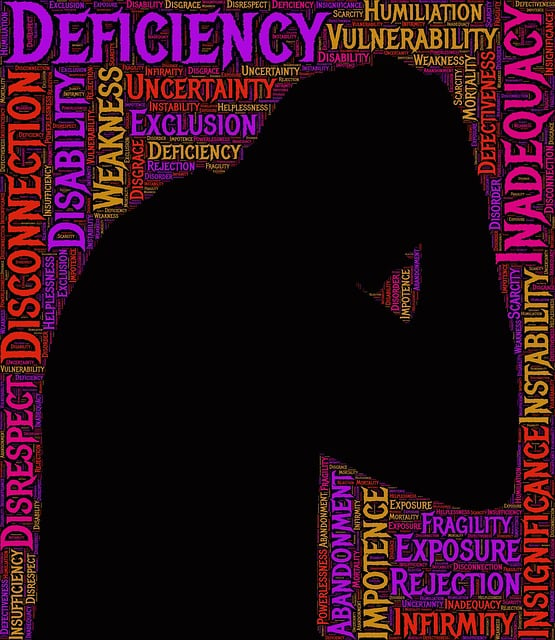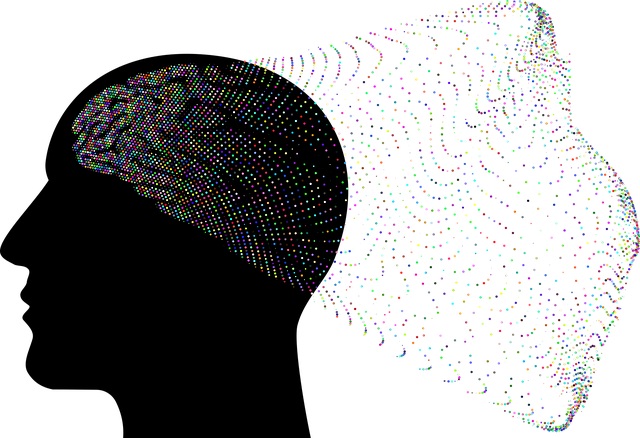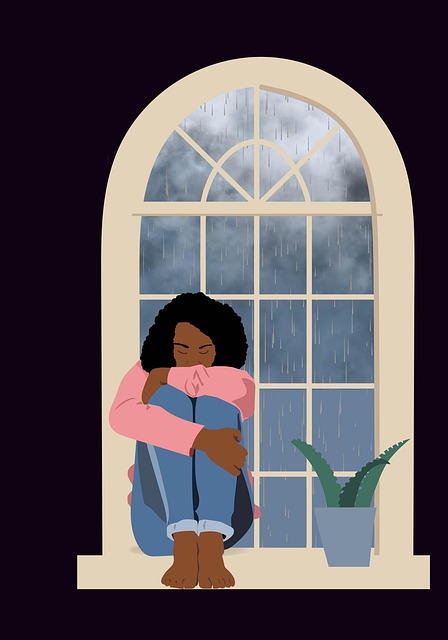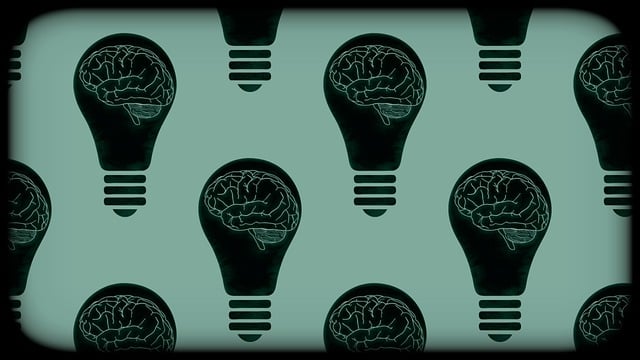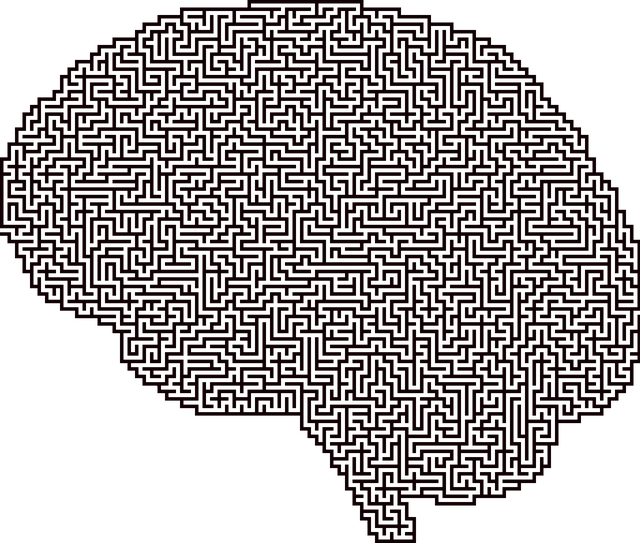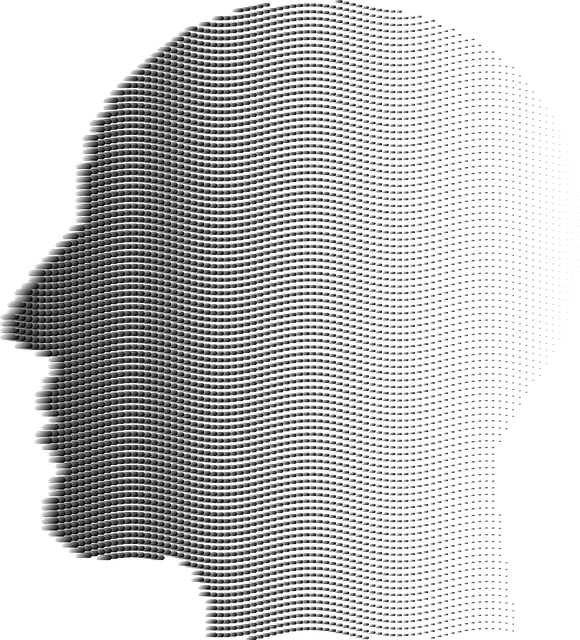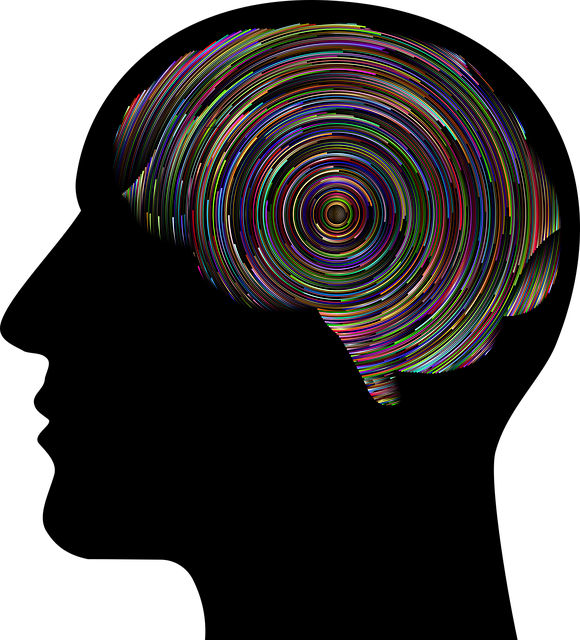The media's portrayal of mental illness, particularly ADHD, significantly impacts public perception and access to support. Stereotyped or sensationalized depictions contribute to stigma, discouraging help-seeking behaviors. To improve accuracy, responsible media creation through educational initiatives, professional collaborations, and innovative therapy models like Boulder ADD-ADHD evaluations is crucial. By integrating personal narratives and evidence-based practices, media can foster empathy, challenge stereotypes, and promote better mental health outcomes.
Mental illness representation in media is a complex issue, often perpetuating stereotypes and misinformation that impact public perception. This article delves into the current state and challenges of mental health portrayal, focusing on specific cases like Boulder ADD-ADHD evaluations to highlight the need for accuracy. We explore strategies for enhancing authenticity through professional insights and testimonials, emphasizing responsible depiction in media. By integrating therapy and evaluation methods, we strive to foster a more nuanced understanding of mental health, reducing stigma and promoting support.
- Understanding Mental Illness Representation in Media: Current State and Challenges
- The Impact of Stereotypes and Misinformation on Public Perception
- Boulder ADD-ADHD Evaluations: A Case Study for Accurate Portrayal
- Incorporating Professional Insights and Testimonials to Enhance Authenticity
- Strategies for Promoting Responsible Mental Health Depictions in Media
Understanding Mental Illness Representation in Media: Current State and Challenges

The current state of mental illness representation in media is a complex landscape that significantly influences public perception and understanding. While there has been an increasing awareness and visibility of various mental health conditions in recent years, the way they are portrayed often falls short of accuracy and sensitivity. Many media platforms still rely on stereotypical or sensationalized narratives, contributing to the stigmatization of individuals struggling with their mental health. For instance, common portrayals of ADD/ADHD (Attention-Deficit/Hyperactivity Disorder) in movies or television shows frequently reduce it to a mere source of comedic relief, overlooking the real challenges and symptoms experienced by those diagnosed.
The challenges faced in accurate representation are multifaceted. Media creators often lack access to reliable information or professional guidance on mental health topics, leading to inaccurate or oversimplified storytelling. Furthermore, the pressure for captivating narratives can sometimes overshadow the complexity of these issues, resulting in shallow portrayals. To address these concerns, it is imperative to promote responsible media creation through educational initiatives and collaborations with mental health professionals. Encouraging strategies like Boulder ADD-ADHD evaluations and therapy sessions, as well as emphasizing emotional regulation and inner strength development, can foster more nuanced and helpful representations in the media, ultimately contributing to better understanding and support for those dealing with mental wellness challenges.
The Impact of Stereotypes and Misinformation on Public Perception

The media plays a pivotal role in shaping public opinion and understanding of mental illness. However, prevalent stereotypes and misinformation often cloud the narrative, leading to misconceptions that negatively impact individuals living with conditions like ADD/ADHD. Portrayals that reinforce stale clichés or depict mental health struggles as solely a result of poor upbringing or lack of willpower contribute to stigma, discouraging those affected from seeking Boulder ADD-ADHD evaluations and therapy. This can hinder their ability to access the coping skills development and mental health education programs design that are crucial for managing symptoms.
Conversely, responsible media representation that portrays mental illness as a complex, multifaceted condition with various causes can foster empathy and encourage help-seeking behaviors. Incorporating diverse narratives in mental wellness podcast series production, for instance, allows listeners to connect with personal experiences and recognize the validity of different struggles. By promoting accurate information, media outlets can play a significant role in challenging stereotypes, reducing stigma, and ultimately enhancing access to mental health resources such as Boulder ADD-ADHD evaluations and therapy.
Boulder ADD-ADHD Evaluations: A Case Study for Accurate Portrayal

In recent years, there’s been a growing focus on accurate representation of mental health conditions in media, particularly for lesser-understood disorders like Attention Deficit Disorder with Hyperactivity (ADDH) or ADD. A case study highlighting Boulder’s approach to ADD-ADHD evaluations underscores this trend. The city has implemented innovative therapy models and comprehensive evaluation processes that go beyond traditional diagnostic methods. By integrating community outreach programs and burnout prevention strategies for healthcare providers, Boulder is demonstrating a holistic approach to mental health care. This not only ensures more precise portrayals of ADD-ADHD in media but also offers better support systems for those living with the condition.
Through these initiatives, Boulder is challenging stereotypical representations often found in media, which can contribute to stigma and misinformed public perceptions. By focusing on evidence-based practices and stress reduction methods, the city’s approach promotes a more nuanced understanding of mental illness. This case study serves as an inspiration for other communities, showing that accurate representation in media is achievable while implementing effective burnout prevention strategies for healthcare providers and community outreach program implementation.
Incorporating Professional Insights and Testimonials to Enhance Authenticity

Incorporating professional insights and testimonials from experts like therapists and individuals who have successfully navigated mental illness is a powerful strategy to enhance authenticity in media representation. These contributions provide an accurate and nuanced view, going beyond stereotypical portrayals often found in popular culture. For instance, a therapist specializing in Boulder ADD-ADHD evaluations and therapy can offer valuable insights into the complexities of attention-deficit hyperactivity disorder (ADHD), dispel myths, and present realistic scenarios that reflect the diverse experiences of those affected.
By including such expert opinions and personal stories, media platforms can create more empathetic narratives. Testimonials from individuals who have struggled with mental health issues and found guidance through therapy or self-care practices like journaling can inspire hope and offer practical emotional regulation strategies. This approach not only challenges negative stereotypes but also empowers audiences to seek support and practice mental wellness journaling exercises, ultimately fostering a more supportive and understanding society.
Strategies for Promoting Responsible Mental Health Depictions in Media

Media has a significant impact on shaping societal perceptions, and accurate representation of mental health is crucial in fostering understanding and compassion. To promote responsible mental health depictions, media creators should collaborate with mental health professionals and individuals living with various conditions. This collaboration ensures that stories are told with authenticity and sensitivity. For instance, when depicting characters with attention-deficit/hyperactivity disorder (ADHD), it’s essential to work with experts who can guide on the subtle nuances of the condition, avoiding stereotypes often portrayed in popular culture.
Integrating compassion cultivation practices and focusing on emotional well-being promotion techniques in storytelling can lead to more nuanced representations. This includes showcasing recovery journeys, highlighting resilience, and dispelling myths surrounding mental illness. Additionally, regular training for media professionals on ethical considerations and risk assessment for mental health professionals is vital. Such initiatives ensure that media content not only informs but also educates the public about the complexities of mental health in a responsible manner, mirroring realities on the ground, including effective treatment options like evaluations and therapy services available in Boulder, Colorado.
Media representation of mental illness plays a pivotal role in shaping public perception and understanding. By challenging stereotypes and misinformation, we can foster a more empathetic and accurate view of individuals with mental health conditions. Incorporating professional insights, testimonials, and responsible depiction strategies, as seen in the case study of Boulder ADD-ADHD evaluations, offers a path forward. Encouraging media outlets to prioritize authentic portrayals will not only enhance public understanding but also promote essential conversations about seeking therapy and support for mental well-being. Through these collective efforts, we can work towards a more inclusive and informed society.
